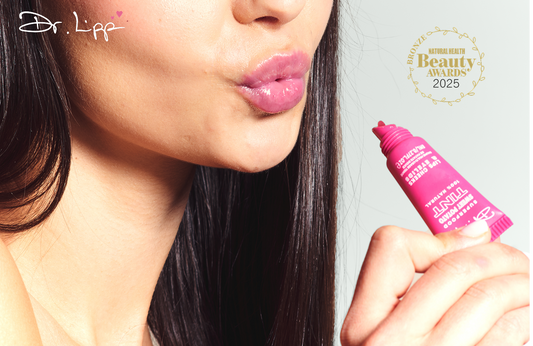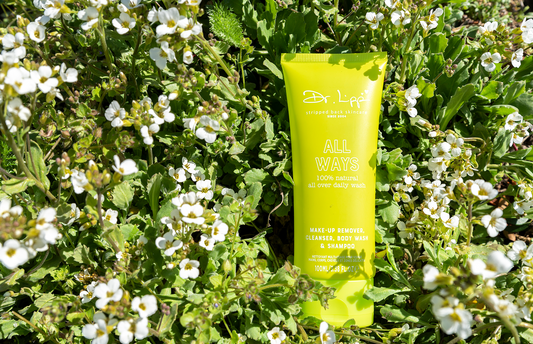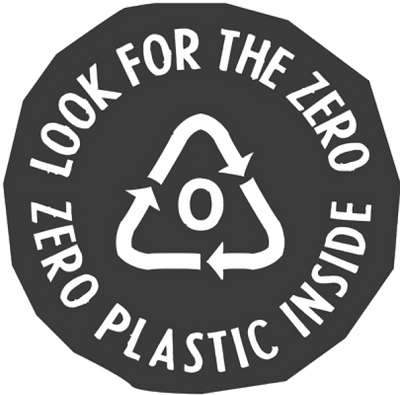In recent years, natural skincare has grown from a niche market into a global movement, with consumers spending billions annually on products made with natural and organic ingredients. This shift isn't just a trend; it reflects a growing awareness of the impact of synthetic chemicals on our skin and health, as well as a deeper connection to sustainability and the environment.
The Science Behind Natural Skincare
Unlike synthetic products, many natural skincare items are formulated without harsh chemicals such as parabens, phthalates, or sulfates, which have been linked to skin irritation and long-term health concerns. Research shows that natural ingredients like aloe vera, chamomile, and lanolin provide potent anti-inflammatory and hydrating benefits, making them ideal for sensitive or dry skin types.
The Science: Eliminating Harsh Chemicals Can Transform Your Skin
A pivotal study published in Environmental Health Perspectives (2015) examined individuals who switched from conventional products to natural, organic alternatives. After just 10–14 days, participants experienced:
- 55% less redness and irritation.
- 60% improved texture and hydration.
Why? Synthetic chemicals like parabens, sulfates, and phthalates, commonly found in skincare products, can strip the skin’s natural barrier, causing dryness, inflammation, and breakouts. Eliminating these ingredients allows the skin to rebalance itself naturally, leading to healthier, more hydrated skin in a short amount of time.
Beyond the Surface: The Health Risks of Harsh Chemicals
The impact of synthetic chemicals goes deeper than your skin. Research from Toxicology and Applied Pharmacology (2017) highlights how these substances accumulate in our bodies over time, potentially contributing to:
- Immune system suppression.
- Systemic inflammation.
- Chronic health conditions, such as autoimmune disorders and digestive issues.
Switching to natural skincare may reduce your body’s toxic load, supporting liver function and detoxification. This shift could also alleviate symptoms of chronic fatigue, joint pain, and gastrointestinal discomfort linked to environmental toxins
Heavy Metals in Cosmetics: What You Need to Know
A 2019 study from Environmental Health Perspectives tested 400 cosmetic products, including lipsticks and glosses, and found measurable levels of heavy metals like lead, cadmium, and arsenic in 55% of the samples. Long-term exposure to these toxins can contribute to systemic health issues, making the case for choosing clean, naturally derived products stronger than ever.
Celebrities like Miranda Kerr and Emma Watson also champion clean beauty for its ethical and health benefits. As Kerr says: “I want to use products that are not only effective but also safe for my skin and the planet.”
Environmental Benefits
Natural skincare isn’t just about what’s better for your skin; it’s also about what’s better for the planet. Many brands now focus on sustainable sourcing and eco-friendly packaging. This aligns with consumer desires for transparency and sustainability, as 64% of people report they consider a product’s environmental impact when shopping for skincare.











